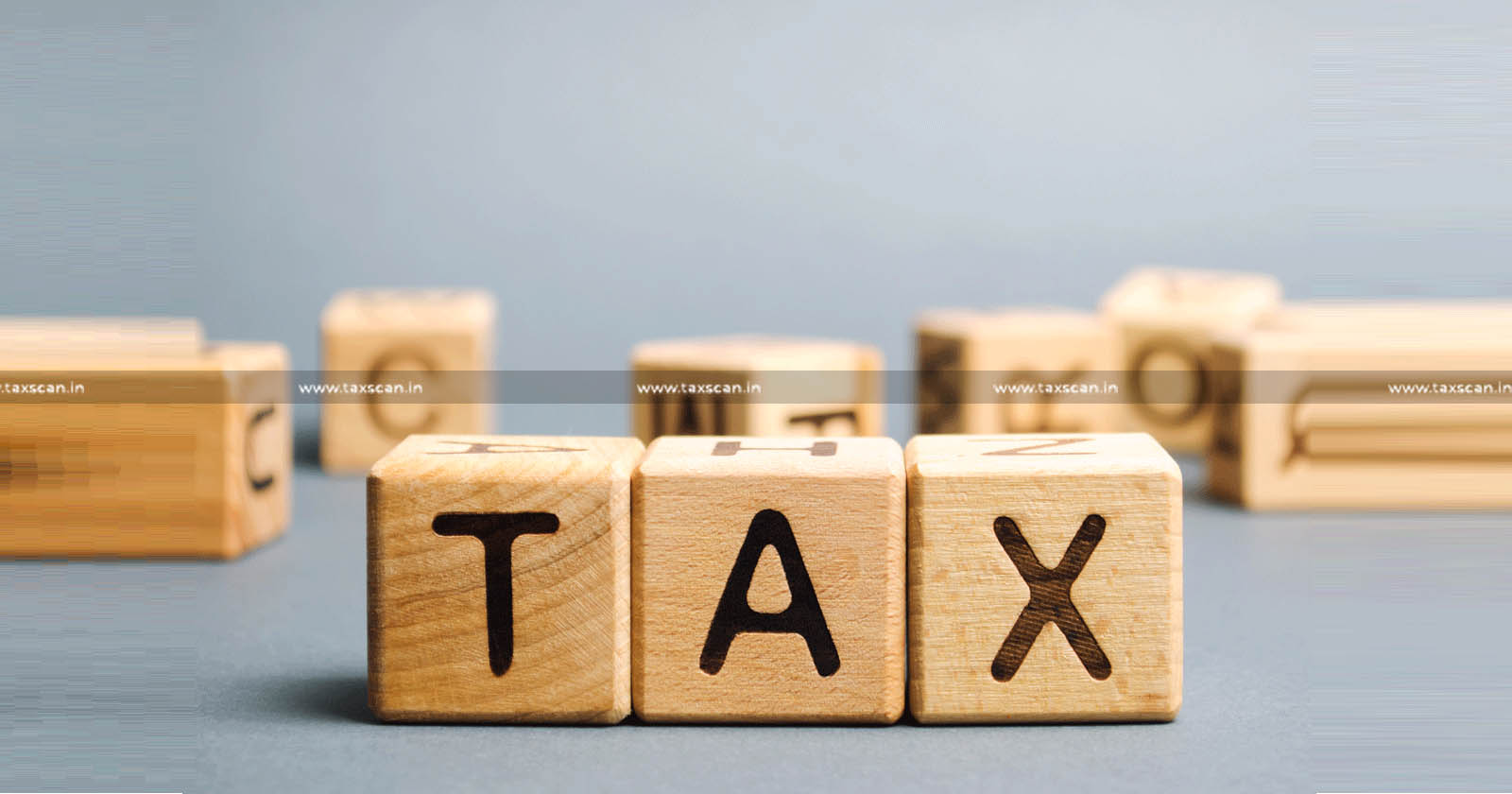How Union Budget 2024 Impacts Layman's Tax Agenda
The Union Budget can potentially impact the lives and livelihoods of all as it would affect not only for the incumbent government but also for the common man

Union Budget 2024 – Budget 2024 – Laymans Tax Agenda – Nirmala Sitharaman – Interim Budget 2024 – Tax news – taxscan
Union Budget 2024 – Budget 2024 – Laymans Tax Agenda – Nirmala Sitharaman – Interim Budget 2024 – Tax news – taxscan
Union Finance Minister Nirmala Sitharaman will be presenting the Interim Budget for the fiscal year 2024-25 on February 1, How this interim budget impacts direct and indirect taxes. Taxes have a vital role in funding a government and shaping its economy.
The Union budget 2024 is an interim budget because Lok Sabha elections are due early next year. The full budget for fiscal year 2025 will be presented on 1 February 2024 after the formation of a new government by Lok Sabha elections. The Union Budget can potentially impact the lives and livelihoods of all. The Interim Budget 2024-25 will be critical not only for the incumbent government but also for the common man.
The Union Budget 2024 details government expenditures for the fiscal year and estimated receipts. The budget runs from 1 April to 31 March of next year. There are several expectations about this interim budget. Seven priority sectors are also mentioned in this budget, the 7 pillars of saptarishi. These priorities are sustainable growth, financial sector, infrastructure & investment, unleashing potential, youth power, reach to last mile, and inclusive development.
Union Budget 2024-25 Expected Tax Slab
It is predicted that in this new Union Budget 2024-2025 Expected Tax Slab might be 5 just like the budget of 2023. The tax limit exemption is expected to be increased by using the finance minister up to 3.5 lakhs. All the individuals need to pay Rs. 0 as tax up to the Rs. 3.5 lakh earnings earned by using them in the year.
All the people who earned Rs. 3.5 lakhs to 6.5 Lakhs needed to pay a 5% tax of their total taxable income for the financial year. The person who earned Rs. 7 lakhs to 9.5 lakhs in the fiscal year has to pay 10% tax on total taxable earnings of that financial year, and those who earned Rs. 9.5 lakh to 13 lakh has to pay 15%, all people that earned Rs. 13 lakhs to Rs. 16 lakhs to pay 20%, and Rs. 16 lakhs and above have to pay 30% tax on their total incomes of the fiscal year.
Impact on Working Middle Class
The working middle class will significantly benefit from these announcements regarding rebates, a change in the tax form, an extension of the same old deduction benefit to the new tax regime, a discount within the maximum surcharge fee, and an extension of the limit of tax exemption, on go-away encashment at the retirement of non-government salaried employees.
According to the Economic Survey (2022-23), around 65 percent population of the country still lives in rural areas. The agriculture and the construction sectors together proved to be highly effective in absorbing the massive phenomenon of reverse migration in the rural areas during and post-COVID-19 period.
Way Forward
To bring the growth trajectory of the Indian economy to the level of the pre-pandemic period, the rural sector would require higher allocations to augment new infrastructure development such as innovative irrigation systems, management of flooded water, revival of canal systems to ensure the flow of water to the last mile field etc. Given the vagaries of the weather and climate change conditions, these steps have become the need of the hour.
Though the government has its limitations in the current interim budget; however, the increasing avenues for employment generation thereby increasing the income levels of the rural population should always be on priority. This will not only help to compensate for losses sustained in the last few years due to the widespread and adverse effects of the COVID-19 pandemic but also will bolster the levels of consumption in rural areas leading towards a fast-track economic recovery. The unique features of the Union budget is that it focuses on critical areas like agriculture, defence, healthcare, education, and social welfare.
Support our journalism by subscribing to Taxscan premium. Follow us on Telegram for quick updates


